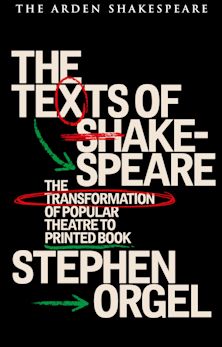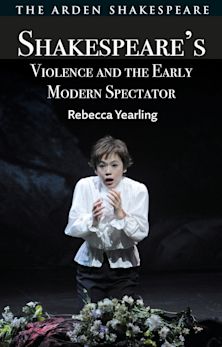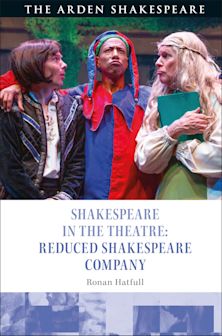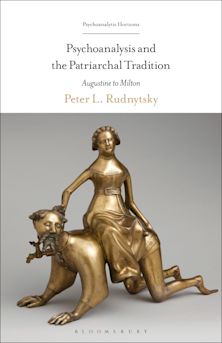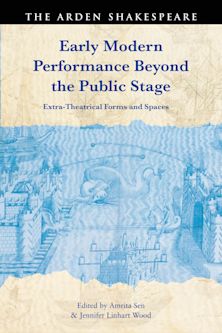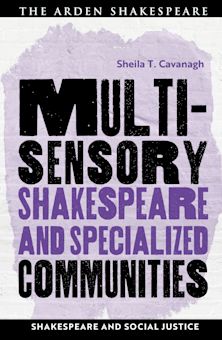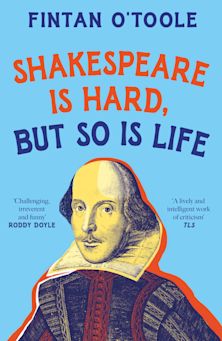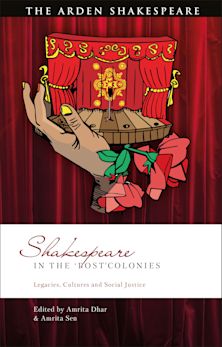- Home
- ACADEMIC
- Literary Studies
- Shakespeare Studies
- Shakespearean Metaphysics
This product is usually dispatched within 10-14 days
- Delivery and returns info
-
Free UK delivery on orders £30 or over
You must sign in to add this item to your wishlist. Please sign in or create an account
Description
Metaphysics is usually associated with that part of the philosophical tradition which asks about 'last things', questions such as: How many substances are there in the world? Which is more fundamental, quantity or quality? Are events prior to things, or do they happen to those things? While he wasn't a philosopher, Shakespeare was obviously interested in 'ultimates' of this sort. Instead of probing these issues with argument, however, he did so with plays. Shakespearean Metaphysics argues for Shakespeare's inclusion within a metaphysical tradition that opposes empiricism and Cartesian dualism. Through close readings of three major plays - The Tempest, King Lear and Twelfth Night - Witmore proposes that Shakespeare's manner of depicting life on stage itself constitutes an 'answer' to metaphysical questions raised by later thinkers as Spinoza, Bergson, and Whitehead. Each of these readings shifts the interpretative frame around the plays in radical ways; taken together they show the limits of our understanding of theatrical play as an 'illusion' generated by the physical circumstances of production.
Table of Contents
4. Spinoza and The Tempest: An Island of One Bibliographical Note and Further Reading
Index
Product details
| Published | 28 Oct 2008 |
|---|---|
| Format | Paperback |
| Edition | 1st |
| Extent | 156 |
| ISBN | 9780826490445 |
| Imprint | Continuum |
| Dimensions | 198 x 129 mm |
| Series | Shakespeare Now! |
| Publisher | Bloomsbury Publishing |
About the contributors
Reviews
-
'Foregrounding dramaturgy (the staging of bodies, audience, the materiality of performance) in Twelfth Night, King Lear, and The Tempest rather than ideas voiced in speeches, and deploying a different philosopher -- Whitehead, Bergson, Spinoza -- for each play, Witmore builds a compelling vision of Shakespeare as a metaphysician of immanence...Lucid and original.' - Brian Rotman, Professor, Department of Comparative Studies, Ohio State University, USA
-
'Witmore's literary analyses of the plays' dramatic details are generally excellent...and his prose in most explications is supple, lucid, and often nicely poetic.'
English Studies, Vol 91, No 6

ONLINE RESOURCES
Bloomsbury Collections
This book is available on Bloomsbury Collections where your library has access.














